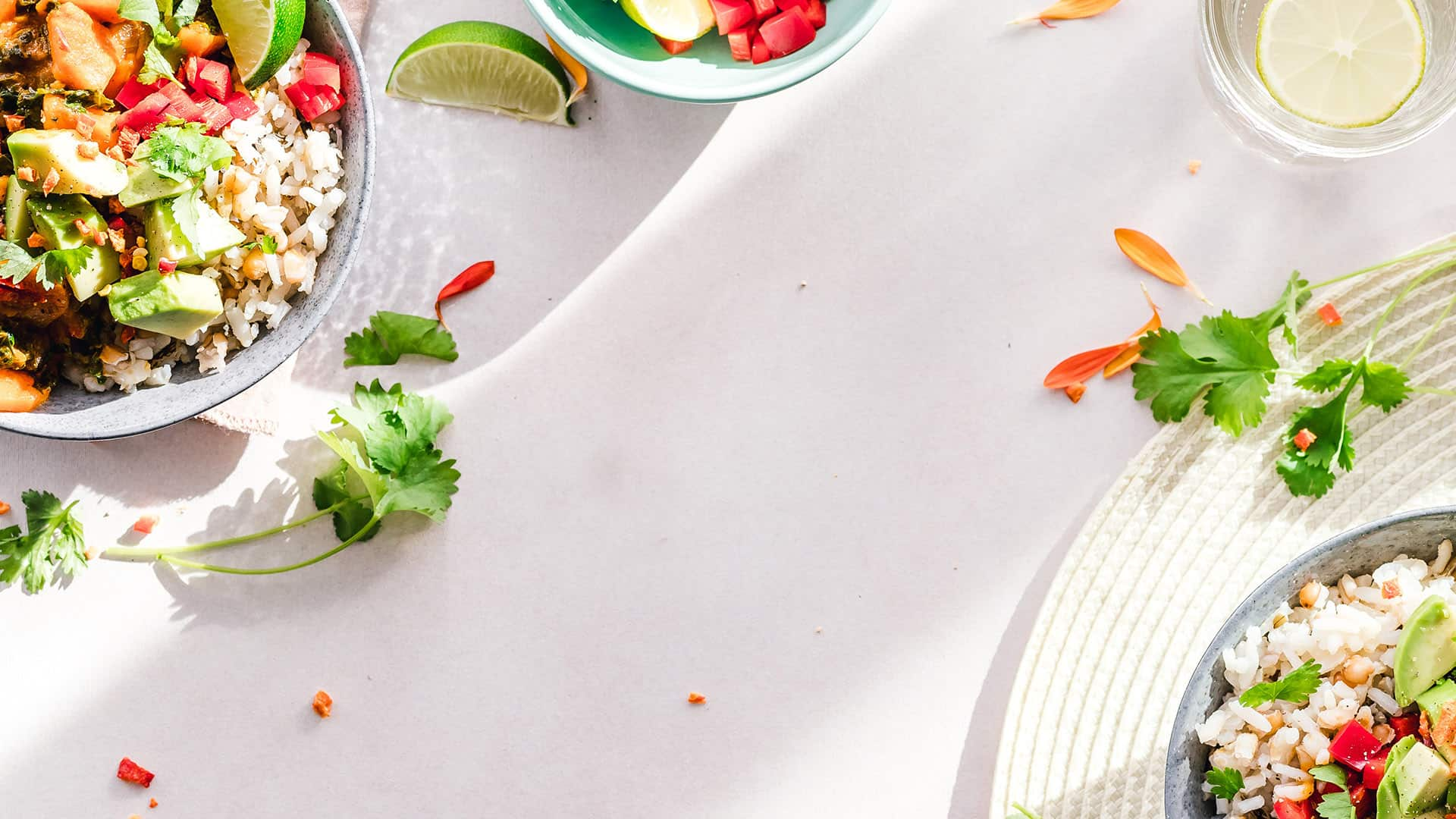

It doesn't get fresher than this – Austria’s BILLA tests vertical farming in Vienna
Austrian supermarket giant BILLA has become the first food retailer in the country to test vertical farming. In cooperation with the Israeli agricultural technology company, Vertical Field, herbs and salads are grown and harvested from local seedlings in a shipping container in front of the BILLA PLUS store at Wienerbergstraße 27 in Vienna's 10th district.
The installation of a second container is planned for this year in the vicinity of Vienna. The plants will be grown on top of each other on several levels and sold directly in the market after harvesting. One container can produce about 2,000-3,000 units per month – meaning that the market is supplied with fresh herbs and salads from the container almost every day. To start with, there is parsley, basil, coriander, oak leaf lettuce as well as lettuce – all harvested products are sold with soil press cubes to ensure a longer shelf life.
"Vertical farming is a forward-looking idea for offering food as fresh as possible,” explained Eric Scharnitz, BILLA Sales Director. “At BILLA, we are increasingly looking at alternative concepts and ideas to support sustainable ways of food production or – as in this case – to go down this path ourselves. Vertical farming means optimal crop yields on the smallest possible area and only a few meters to the shelf. This increases supply security and our customers can look forward to local assortments: grown throughout the year and literally right on our doorstep."
The container at Wienerbergstraße 27 started its first growing cycle at the end of July. Through a glass pane, customers can gain insight and watch the plants grow. The first harvest is targeted for the second half of August – from then on, the fresh herbs and salads will also be available in the BILLA PLUS store. In a second step, another container is to be set up in the vicinity of Vienna.
The cooperation with Vertical Field allows companies such as BILLA to grow vegetables and fruit in densely populated urban areas on just a few square meters all year round and anti-cyclically. This is made possible by 16-hour lighting with LED lamps, a climate control system that always ensures the optimum temperature and humidity in the room, and a dedicated water and nutrient supply for the plants. The climate-friendly effects are enormous: 90% less water consumption, 50% less CO2 emissions and 30 times less space required than when growing on the ground. The protected environment also eliminates the need for pesticides, and the products are all of the highest quality.
As the products are sold directly in the local market, transport distances are minimized and customers can enjoy fresh, locally produced products. In addition, the planting and harvesting of produce is tailored to the needs of the respective location and ensures that less food is wasted in the market.
"I believe we all need to think about how we will feed a growing world population in the future while harvest yields continue to decline due to soil sealing, monocultures, the use of chemicals and the consequences of climate change,” said Ronen Redel, Vice President of Business Development of Vertical Field. “Developing new agricultural land at the expense of our ecosystem and climate cannot be the solution here, but vertical farming can be – especially in urban areas.”
Numerous projects have already been implemented worldwide together with food retailers, restaurants and other institutions. Vertical Field provides infrastructure, know-how and holistic support from cultivation to delivery.
If the vertical farming pilot project of BILLA and Vertical Field is successful, further containers will be set up in front of selected BILLA PLUS stores.
If you have any questions or would like to get in touch with us, please email
info@futureofproteinproduction.com






